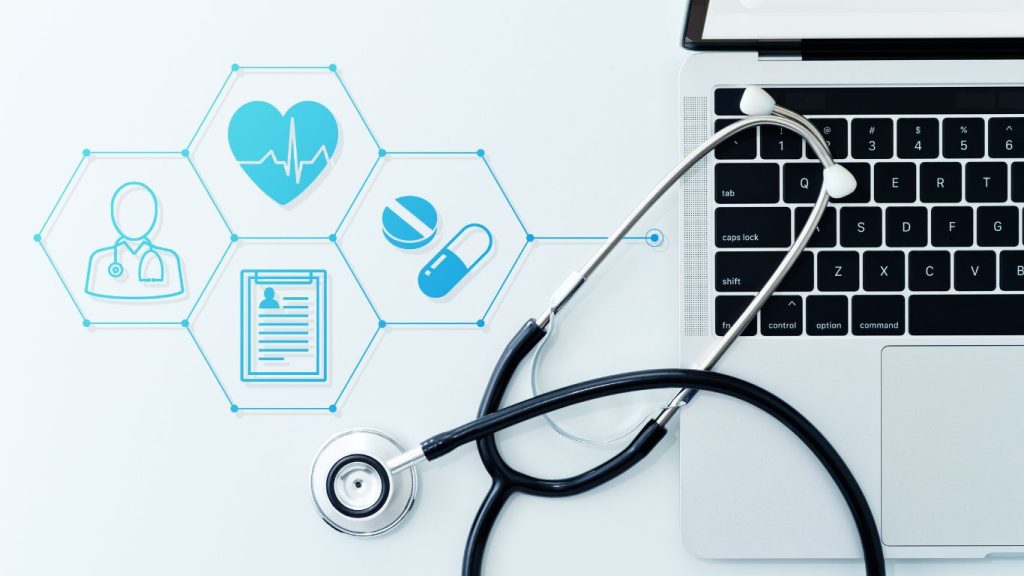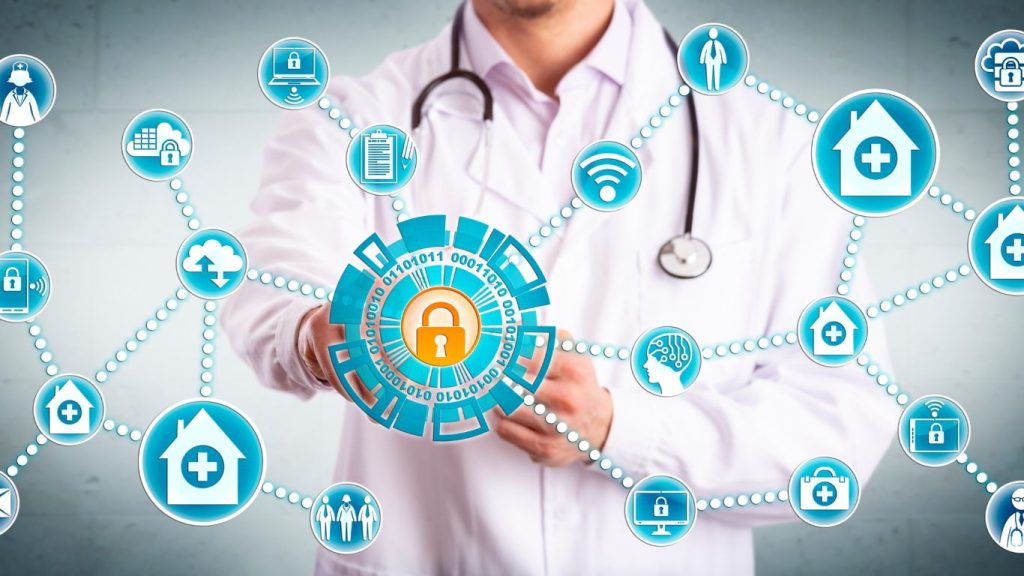Table of contents
Introduction
In today’s rapidly advancing world, Digital Transformation in healthcare represents a revolution. Moreover, Embracing various aspects of Healthcare Technology, this transformation enhances efficiency, patient care, and accessibility like never before.
The Rise of Telemedicine
Although, Telemedicine is not just a buzzword; it’s a life-changing advancement in healthcare. However, Enabling medical consultations remotely, telemedicine is improving access to care and reducing healthcare costs. Telemedicine and Virtual Health Care act as beacons of hope in areas where medical facilities are scarce.

Artificial Intelligence and Automation
Artificial Intelligence (AI) has penetrated the healthcare domain, opening new frontiers in diagnostics and treatment planning. AI in Healthcare is reshaping accuracy, while Healthcare Automation is streamlining administrative tasks. AI is now a critical part of medical research and patient management.
Electronic Health Records (EHR)
The traditional paper records are now a relic, replaced by Electronic Health Records (EHR). Moreover, These digital records allow secure and easy access for healthcare providers, improving the coordination and quality of care. The interoperability facilitated by EHR ensures seamless sharing across platforms.
Mobile and Wearable Health Technologies
The emergence of mHealth and Wearable Health Technology has empowered patients like never before. These tools offer continuous monitoring of vital signs, encouraging preventive care, and personalized treatment, and allowing individuals to take charge of their health.

Data Analytics and Precision Medicine
Firstly, Healthcare Data Analytics is transforming how we look at health. Secondly, By analyzing large volumes of healthcare data, insights are gleaned that guide informed decision-making, treatment planning, and population health management. Moreover, Precision Medicine customizes medical treatment to individual characteristics, tailoring the right therapeutic strategy for the right person at the right time.
Security and Compliance in Digital Healthcare
With digitalization comes the responsibility of securing patient data. Ensuring Cybersecurity in Healthcare is paramount. Compliance with legal frameworks and Healthcare Compliance and Regulations is non-negotiable, safeguarding providers and patients.

Innovative Training Methods
Training the next generation of healthcare professionals requires innovative methods. Virtual Reality in Healthcare Training offers immersive simulations, allowing practitioners to practice procedures and develop skills in a risk-free environment.
Conclusion
The Digital Shift in healthcare is more than a trend; it’s a transformation. From Telemedicine to AI, from EHRs to wearables, technology is not just changing the face of healthcare; it’s redefining it. As we move forward, embracing these technological advances is not an option but a necessity.
FAQs
Integration of digital technologies into medical practices, enhancing efficiency, patient care, and accessibility.
Telemedicine allows healthcare providers to consult and treat patients remotely, improving access to care.
AI analyzes medical data, assists in diagnoses, predicts patient outcomes, and automates administrative tasks.
Wearable devices enable continuous monitoring of vital signs, encouraging preventive care, and personalized treatment.
Additional Resources For Digital Healthcare
For further insights into healthcare technology trends, consider exploring the following:




